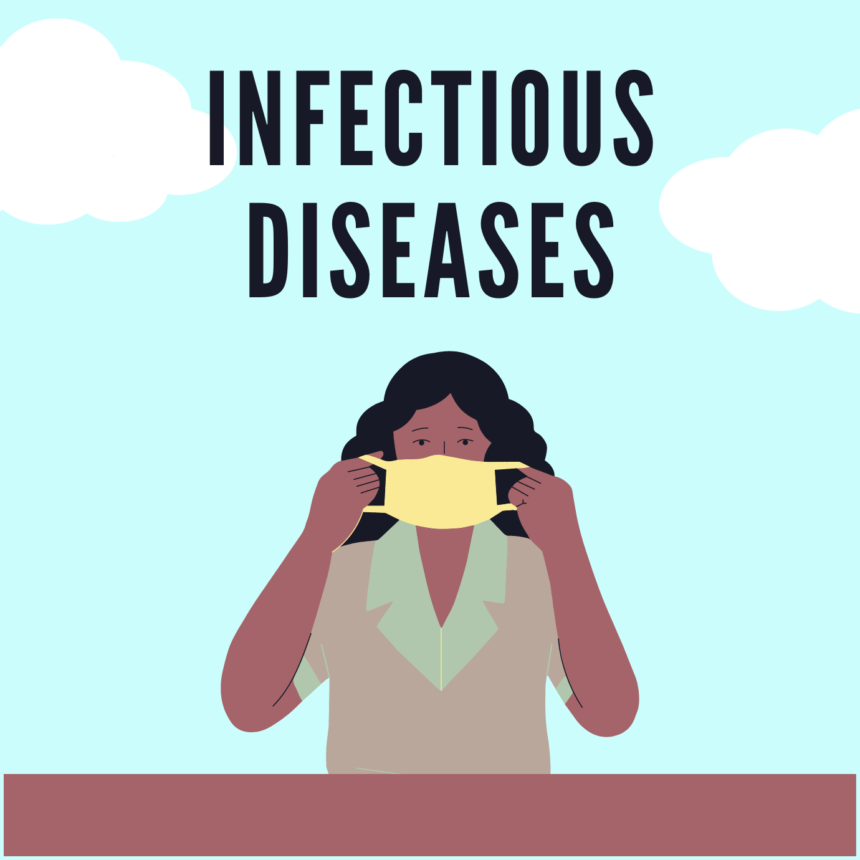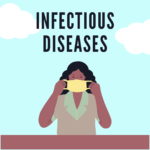The COVID-19 pandemic has been a global crisis of unprecedented proportions, testing the readiness and response capabilities of nations and healthcare systems worldwide. As the pandemic continues to unfold, it’s essential to reflect on the lessons learned and prepare for future health emergencies.
Key Lessons from COVID-19:
- Early Detection and Transparency: The importance of early detection and transparent reporting of infectious diseases cannot be overstated. Rapid sharing of information allows for quicker response and containment.
- Global Cooperation: The pandemic highlighted the need for global cooperation in addressing health crises. Collaborative efforts in research, resource-sharing, and vaccine distribution are crucial.
- Healthcare System Resilience: Healthcare systems must be flexible and resilient to adapt to surges in patient numbers. Ensuring adequate resources, including hospital beds, medical supplies, and skilled healthcare workers, is imperative.
- Vaccine Development: The speed at which COVID-19 vaccines were developed showcased the potential of science and collaboration. Investing in vaccine research and manufacturing capabilities is essential for future preparedness.
- Public Health Education: Effective communication and public education are vital to disseminate accurate information and counter misinformation. This fosters public trust and encourages compliance with public health measures.
- Remote Work and Telehealth: The pandemic accelerated the adoption of remote work and telehealth. These technologies can improve access to healthcare and enable continuity of essential services during crises.
Future Preparedness:
- Surveillance and Early Warning Systems: Developing robust surveillance systems for monitoring disease outbreaks is critical. This includes monitoring animal reservoirs and unusual human illnesses.
- Stockpiling and Supply Chain Resilience: Maintaining stockpiles of essential medical supplies and ensuring resilient supply chains can prevent shortages during emergencies.
- Pandemic Response Plans: Nations and organizations should have well-defined, flexible response plans that can be quickly activated.
- Global Vaccine Equity: Ensuring equitable access to vaccines worldwide can prevent the emergence of new variants and protect vulnerable populations.
- Research and Innovation: Investing in research for novel therapeutics and vaccines is essential. Encouraging innovation in healthcare and biotechnology can lead to more effective treatments.
- Public Health Infrastructure: Strengthening public health infrastructure at local, national, and global levels is crucial for disease surveillance, prevention, and response.
Community Engagement:
Engaging communities in pandemic preparedness and response is vital. Building trust, addressing vaccine hesitancy, and involving communities in decision-making processes can improve overall outcomes.
Conclusion:
The COVID-19 pandemic has been a global wake-up call. It has underscored the need for robust pandemic preparedness, strong healthcare systems, global cooperation, and a commitment to science and innovation. By learning from the lessons of COVID-19 and implementing changes, we can be better prepared for future health emergencies and protect the well-being of people worldwide.









